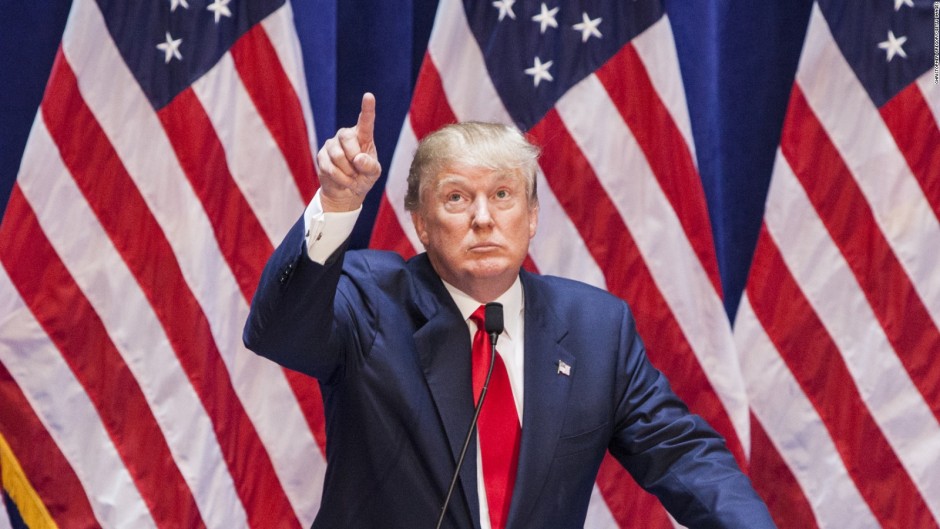Donald Trump, the outspoken, anti-establishment Republican Party presidential candidate, has rightly been denounced for proposing that Muslims should be banned from entering the United States. It’s an offensive proposal that demonizes an entire community, panders to base instincts and runs counter to contemporary American democratic values.
Trump, the master of politically incorrect dogma, issued his inflammatory proposal less than a week after the December 2 San Bernardino massacre, which shocked and appalled Americans. Within the space of a few terrible moments, Syed Rizwan Farook, a 28-year-old Pakistani Muslim American, and his 29-year-old Muslim Pakistani-born wife and accomplice, Tashfeen Malik, killed 14 people and wounded 21 in a cold-blooded rampage.
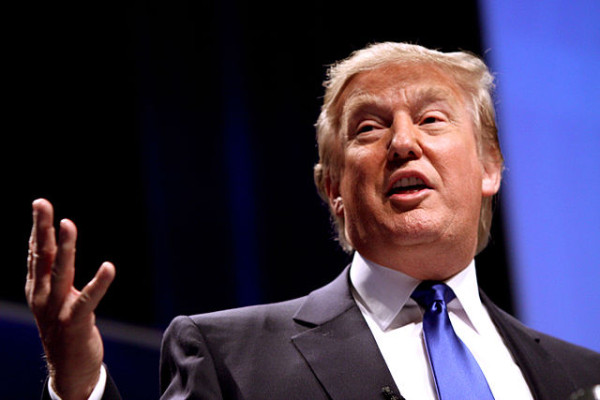
It was the worst act of terrorism on American soil since September 11, 2001, when 19 Arab Muslims hijacked commercial airliners and crashed them into the World Trade Center in Manhattan, the Pentagon in Washington, D.C. and a field in rural Pennsylvania, killing more than 3,000 Americans and foreign nationals, a death toll that exceeded the Japanese bombing of Pearl Harbor on December 7, 1941.
On the day Syed Rizwan Farook and Tashfeen Malik opened fire on their hapless victims at a center for the disabled, she pledged allegiance on her Facebook page to Islamic State — a Sunni jihadist organization which claimed responsibility for the murder of 130 people in Paris on November 13 and the downing of a Russian airliner, with 224 passengers on board, on October 31 over Egypt’s Sinai Peninsula.
Shortly after the killings in San Bernardino, Islamic State released a statement claiming that two of their followers had carried out the attack. Islamic State referred to them as “soldiers of the caliphate.” Having been radicalized in a process that has yet to be fully documented and understood, the couple was a ticking time bomb. Farook had been negatively “obsessed” with Israel, while Malik had been indoctrinated in Saudi Arabia, a Sunni Arab state governed by the reactionary doctrines of Wahhabi Islam.
It would seem that the San Bernardino massacre was the last straw for Trump, who has now called into question the loyalty of Muslim Americans. But the vast majority of Americans of Muslim descent are peaceful, law-abiding citizens. Muslim organizations swiftly and uniformly condemned Farook and Malik.
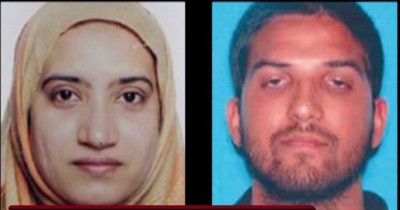
It should be recognized, however, that a small minority of Muslims in the United States — the bad apples in the barrel — are disaffected extremists who hew to a radical and twisted interpretation of Islam and may even sympathize or agree with the poisonous views of Islamic State. As we know, hundreds of radicalized American Muslims have already gone to Syria to join the ranks of Islamic State as fighters.
Trump may well have been thinking of such malcontents and traitors when he called for blocking the entry of Muslims into the United States. The proposal earned him instant headlines and an avalanche of opprobrium. Hillary Clinton, the likely candidate of the Democratic Party in the 2016 presidential election, wrote on Twitter: “Tell Donald Trump: Hate is not an American value.” Paul Ryan, the Republic Speaker of the House of Representatives, condemned Trump as well.

The Obama administration excoriated Trump. And in a press release, the Anti-Defamation League said, “In the Jewish community, we know all too well what can happen when a particular religious group is singled out for stereotyping and scapegoating.”
Yet some Americans are in full in agreement with Trump’s outrageous proposal, proving that his candidacy may be viable.
In the face of accusations branding him a fearmonger, racist and fascist, Trump issued a clarification, claiming his proposal would be only a temporary measure and would not apply to Muslim American citizens. And in an attempt to sugarcoat his plan, he likened it to the internment measures imposed on ethnic Japanese, German and Italian Americans by President Franklin D. Roosevelt during World War II.
Let’s be clear.
Trump’s proposal to bar Muslims from American shores is xenophobic, unreasonable and counter-productive. Islamic State, which has already signed up thousands of volunteers from around the world, will surely use it as a convenient recruitment tool in its increasingly savvy social media campaigns.
Far too many Muslims in America are ripe for the picking, and judging by the past, some already have succumbed to the blandishments of radical Islam.
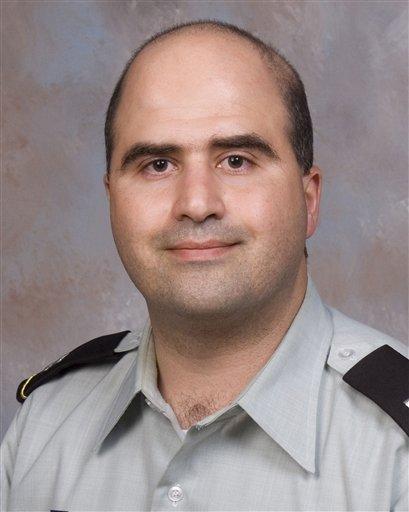
Nidal Hassan, a Palestinian American major in the U.S. army, fatally shot 13 of his fellow soldiers in a rampage at Fort Hood in 2009 after turning against America’s foreign policy in the Middle East. Anwar al-Awlaki, born in the United States to Yemenite immigrant parents, was an adept Al Qaeda recruiter before being killed by a U.S. drone strike in Yemen in 2011. In 2013, the Chechen brothers Dzhokhar and Tamerlan Tsarnaev detonated bombs at the Boston Marathon, killing three bystanders.
American Muslim leaders will have to work much harder to identify, isolate and shun extremists in their midst and promptly report them to the authorities. After San Bernardino, the routine denunciation of crimes committed by American jihadists or fellow travellers is no longer sufficient.
Ordinary Americans have a right to feel safe and secure in the homeland. If the American Muslim leadership does not pay close attention to this imperative, populist politicians like Trump will reap the benefits and Muslims across America will pay the price.
Another relevant issue worthy of discussion revolves around Saudi Arabia, a major oil producer and a U.S. ally in the Middle East.
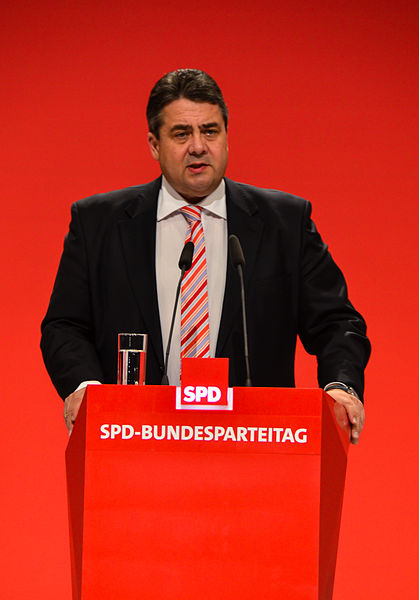
A few days ago, the vice chancellor of Germany, Sigmar Gabriel, said that Saudi-style Islam has fed growing extremism in Europe among young Muslims. And in a warning to Saudi Arabia — which produced nearly all the 9/11 hijackers — he declared, “We must make it clear to the Saudis that the time of looking the other way is over.”
Gabriel hit the nail on the head.
Lest we forget, the killer Tashfeen Malik lived in Saudi Arabia and was partially educated in a Pakistani religious seminary which disseminates the corrosive teachings of Wahhabi Islam. It’s possible she may have been radicalized there. And it’s equally possible she exerted a baneful influence on her husband, her partner in crime.
In an op-ed piece in yesterday’s New York Times,NeNew York Timesw York Times,ew York Times, Farah Pandith — a senior fellow at the Council on Foreign Relations — asserted that Wahhabism is a destructive form of Islam that must be exposed and fought.
As she sagely put it:
“I travelled to 80 countries between 2009 and 2014 as the first ever U.S. special representative to Muslim communities. In each place I visited, the Wahhabi influence was an insidious presence, changing the local sense of identity; displacing historic, culturally vibrant forms of Islamic practice; and pulling along individuals who were either paid to follow their rules or who became on their own custodians of the Wahhabi world view. Funding all this was Saudi money, which paid for things like the textbooks, mosques, TV stations and the training of imams.
“To stop extremist recruiting, we must get serious about destroying the ideological extremist narratives. We must disrupt the training of extremist imams and create imam training centers in Africa, Asia, Europe and North America that are free of Saudi funding and that offer a diversity of Islamic practices. Schools and libraries should reject free Saudi textbooks and translations that are filled with hate. We should expose the Saudi financing of extremist groups masquerading as cultural exchanges and “charity” organizations and prevent the Saudis from demolishing local Muslim religious and cultural sites that are evidence of the diversity of Islam. If the Saudis do not cease what they are doing, there must be diplomatic, cultural and economic consequences.”
Pandith is completely right.
Wahhabism, like Islamic State, is a threat that must be relentlessly countered. It may have driven Tashfeen Malik and her husband to kill innocents in the name of Islam. And their misguided notions appear to have driven Trump to cross a red line in the name of national security.
